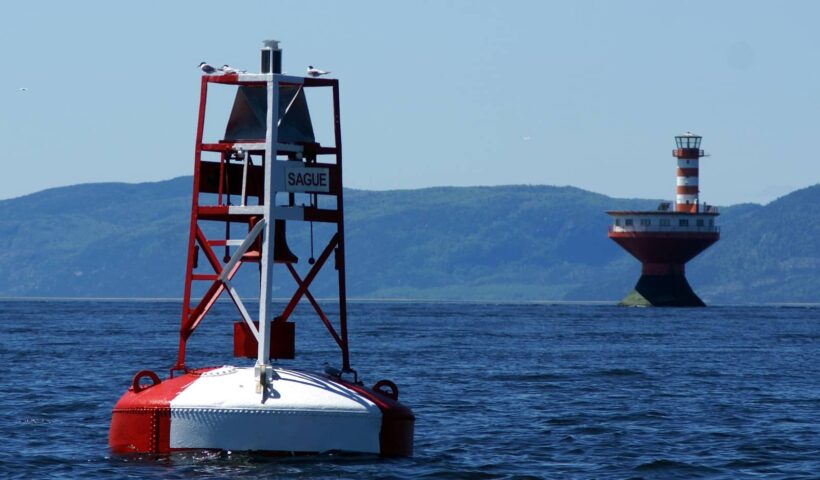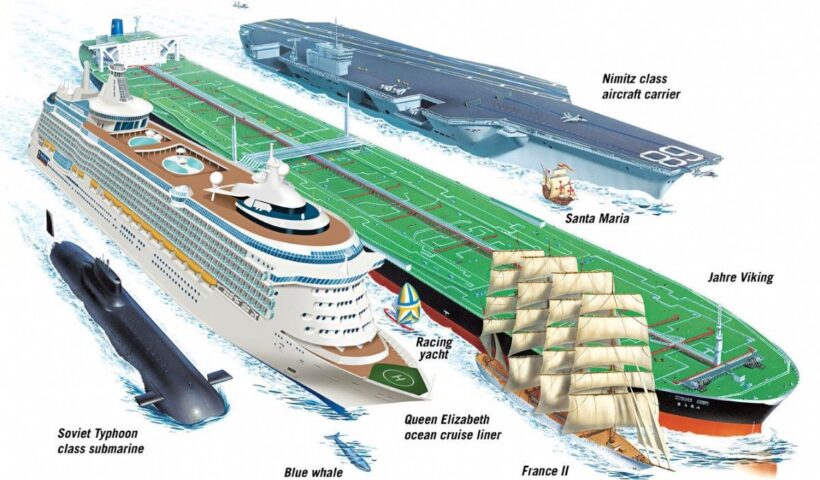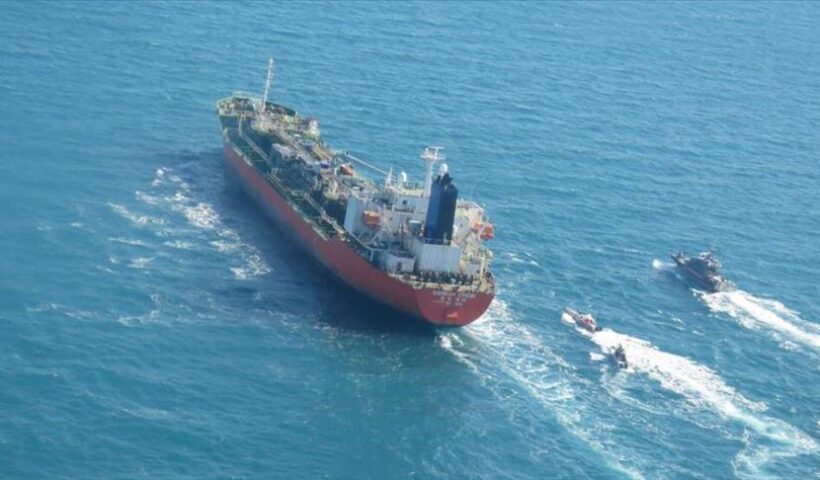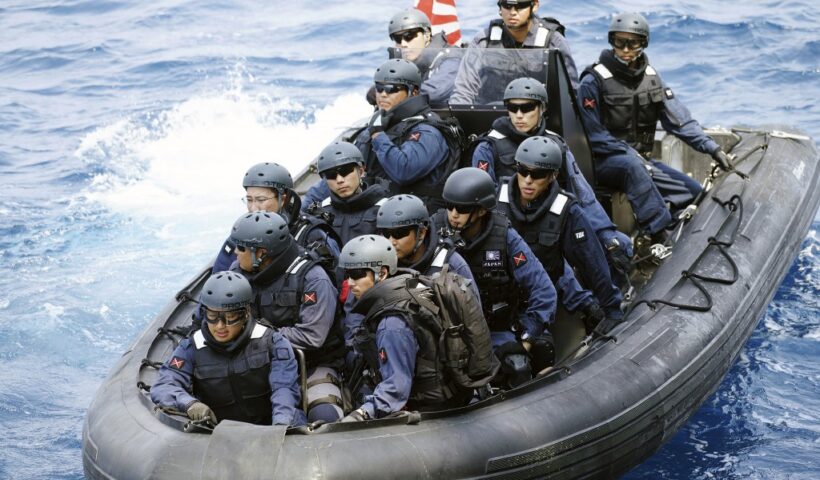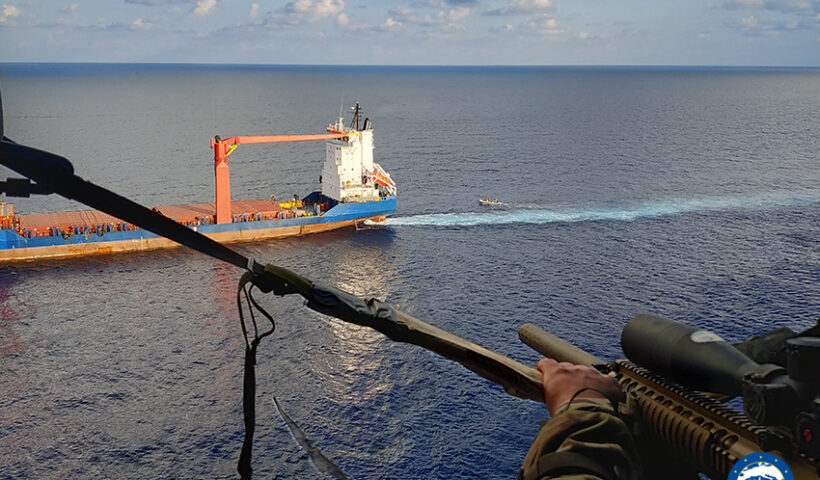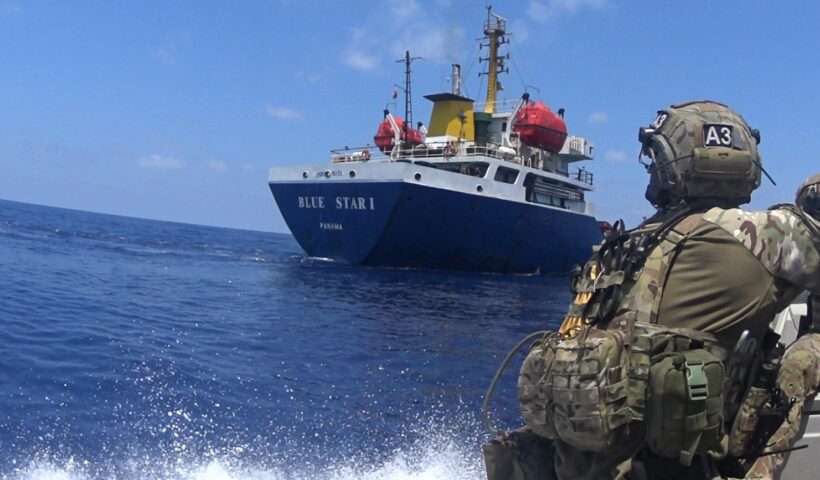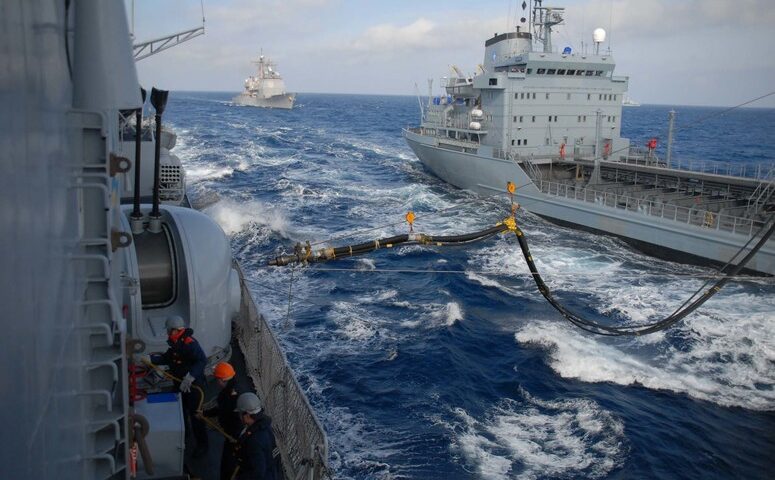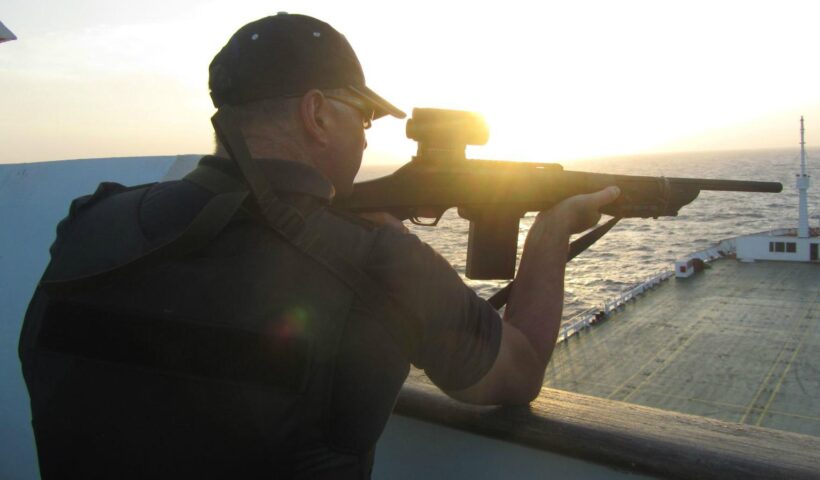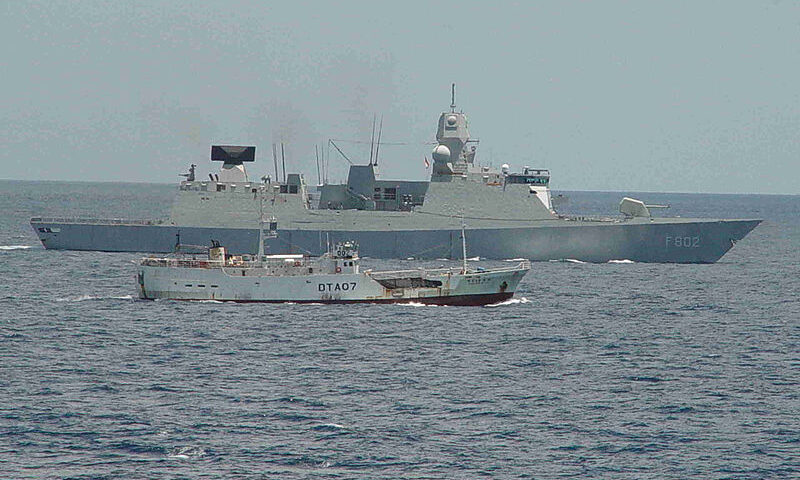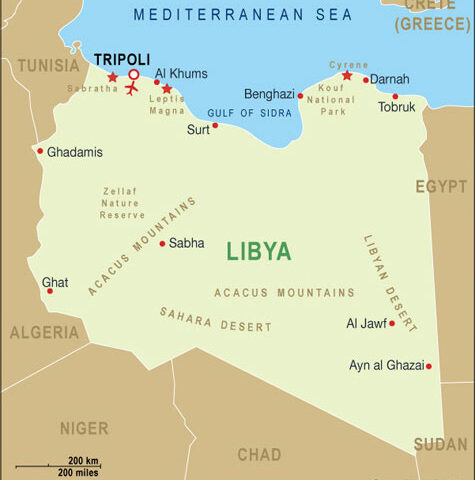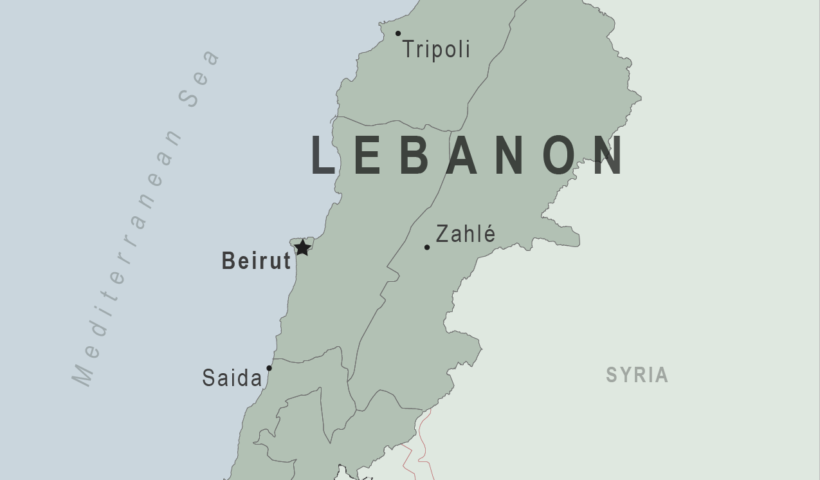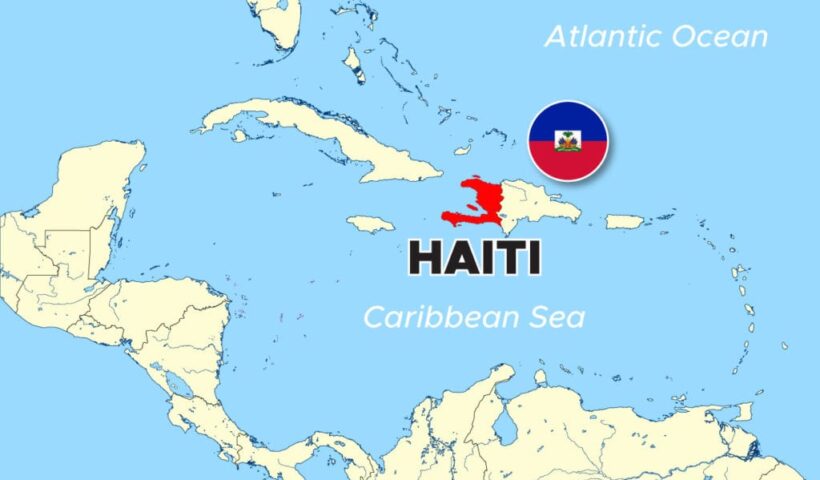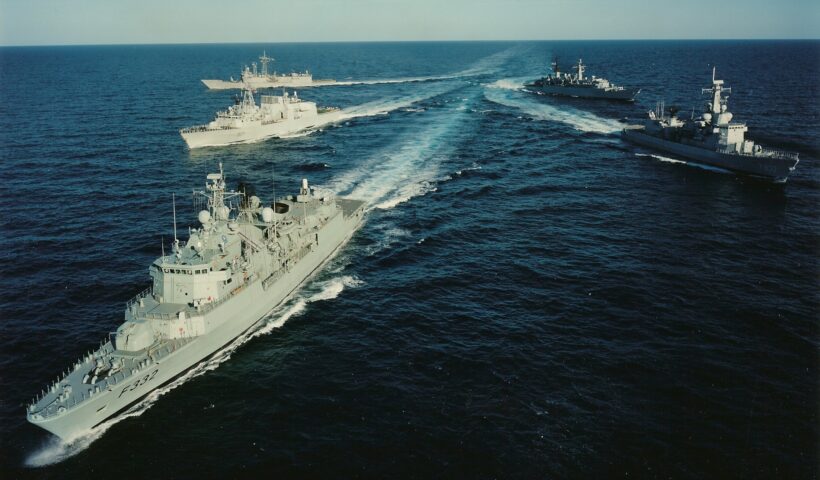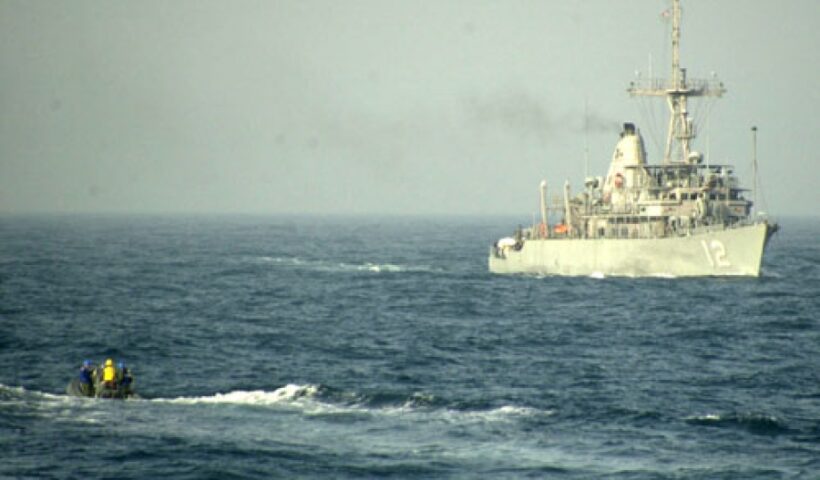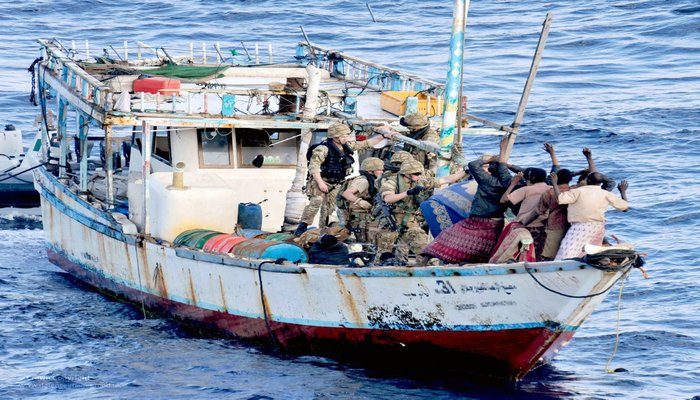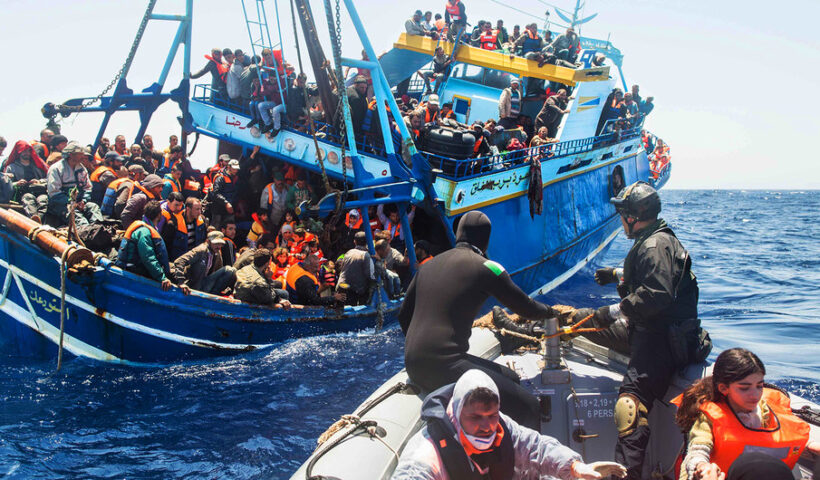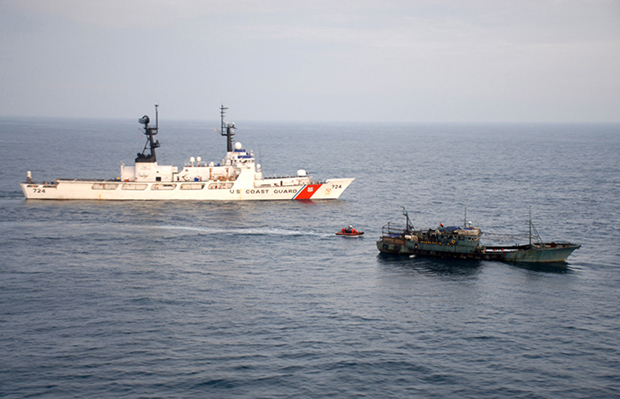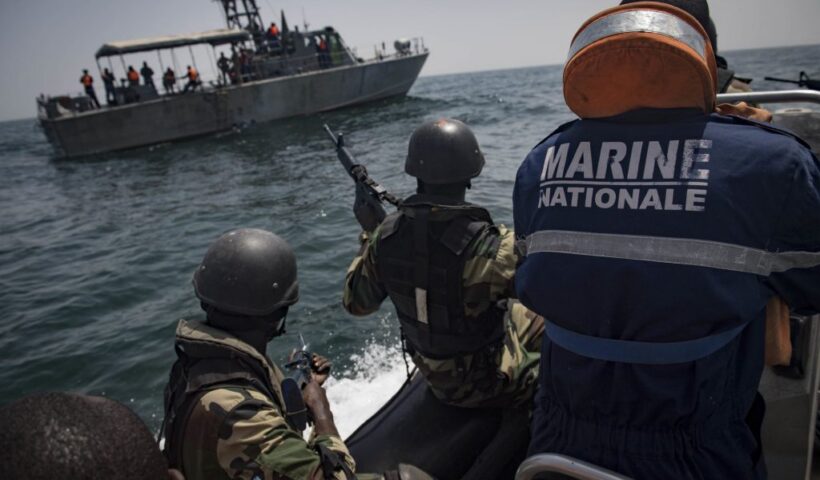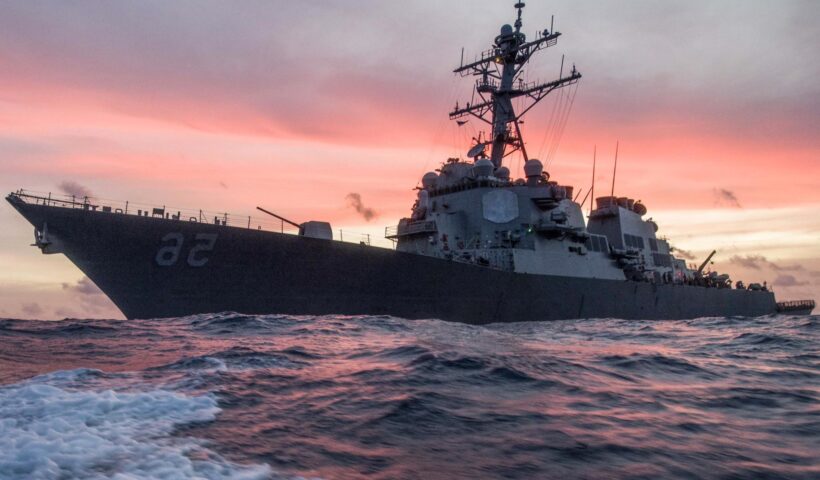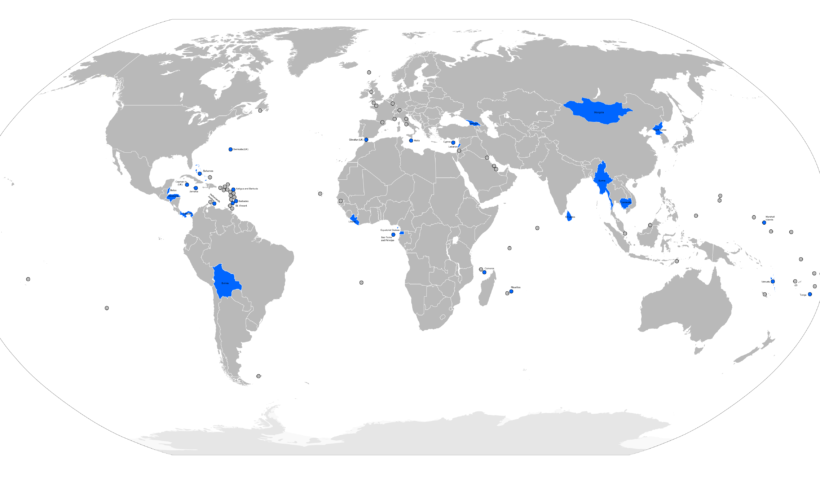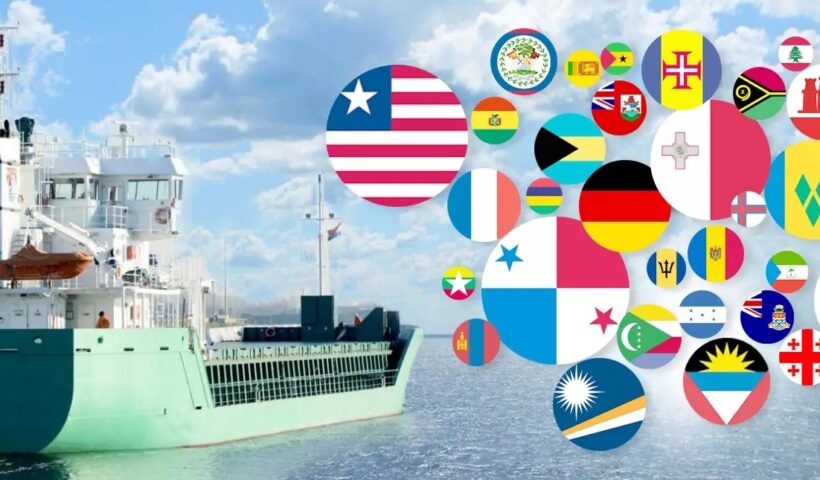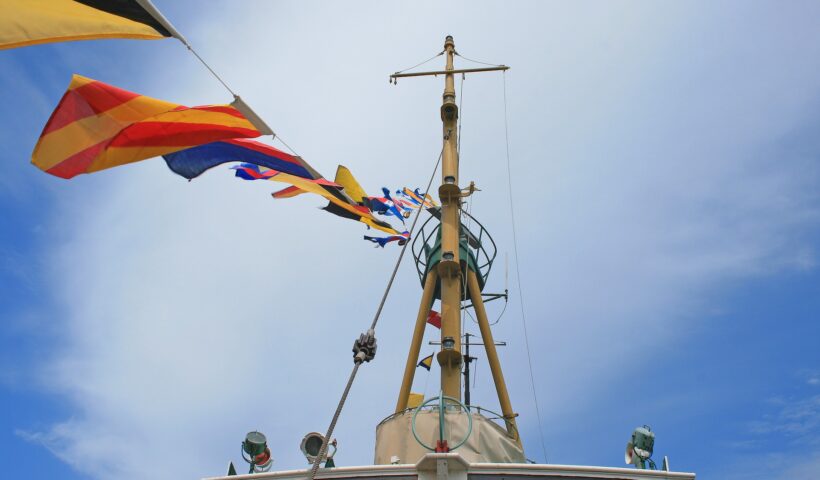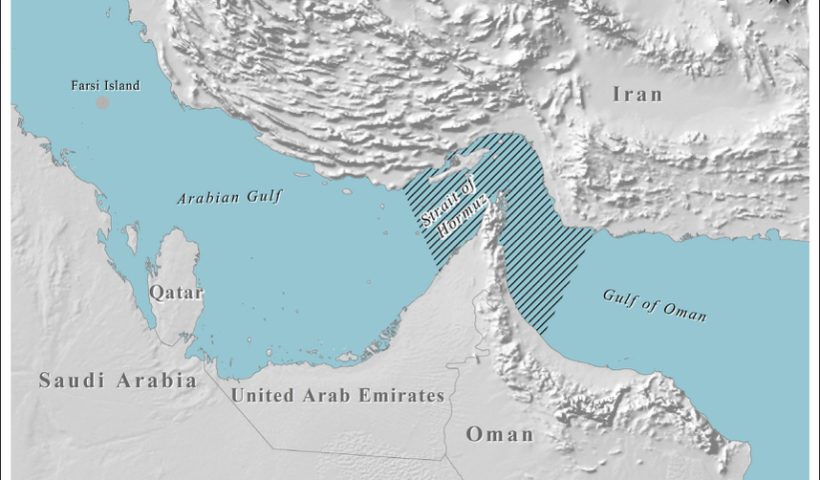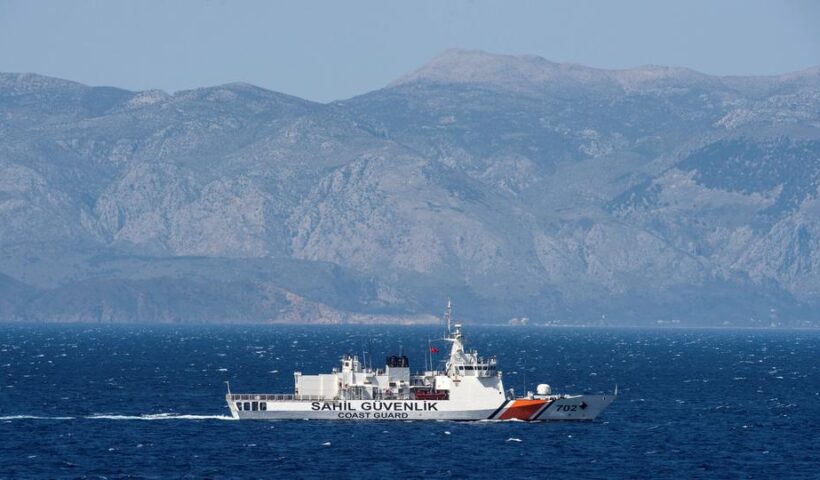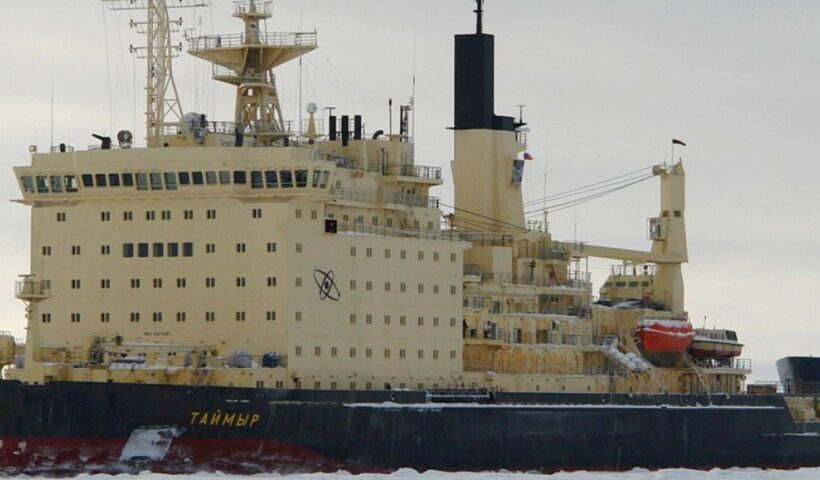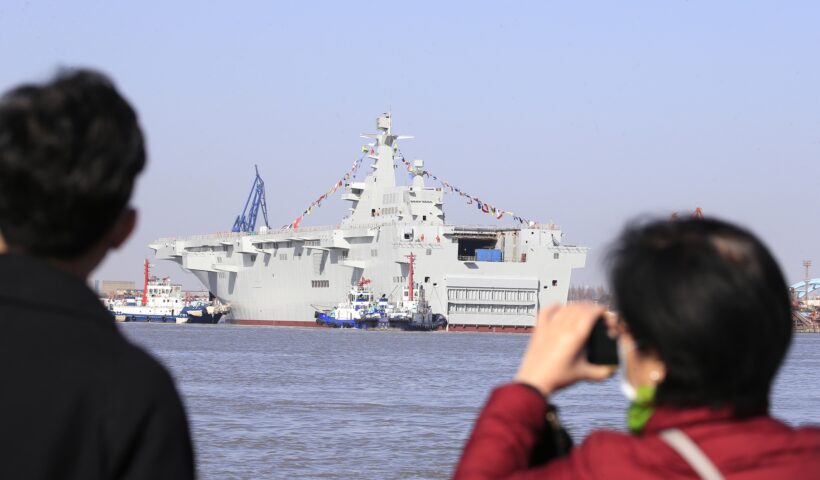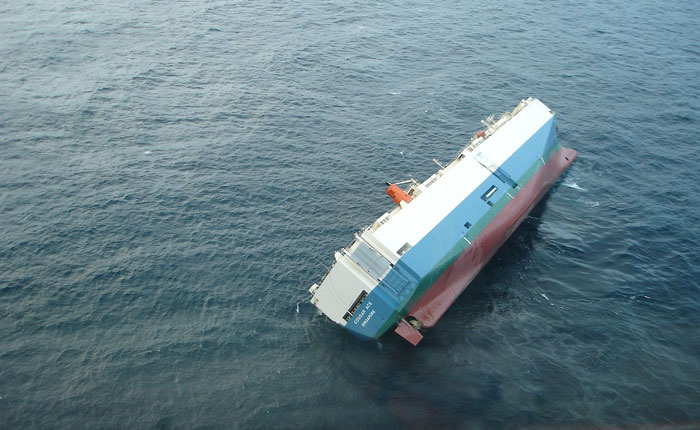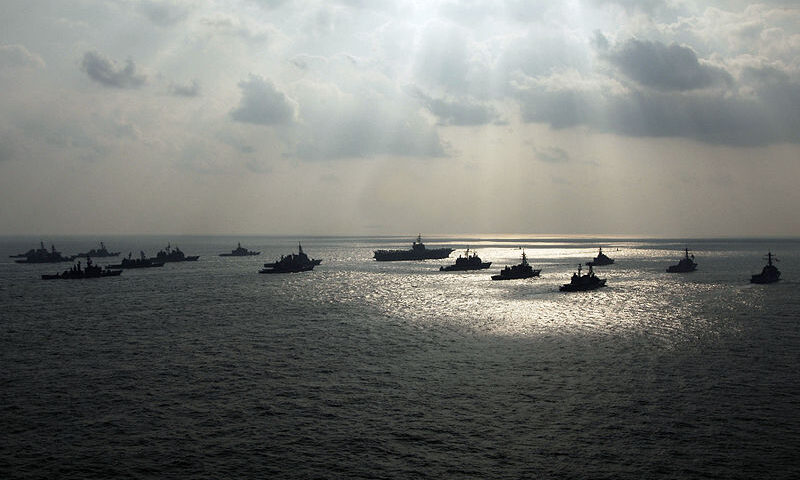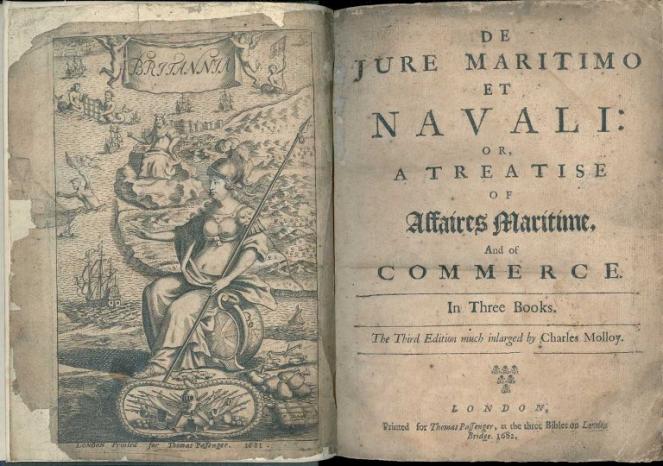Security and Legal Challenges in the Baltic Sea: An Analytical Perspective The Baltic Sea region faces a myriad of security and legal challenges. This article provides an analytical examination of the complex issues at play, shedding light on the implications for regional stability and cooperation. From territorial disputes to environmental concerns, this analysis delves into the intricate web of geopolitical dynamics shaping the Baltic Sea’s security landscape. With a professional and objective tone, it aims to deepen our understanding of the region’s security challenges and foster informed discourse on potential solutions.
View More Security and Legal Challenges in the Baltic Sea: An Analytical PerspectiveCategory: international navigation and security issues
what is the meaning of “Aid(s) to Navigation; Navigational Aid(s)” in law of the sea, LOSC and customary international law
(a)“Aid to navigation” means the same as “navigational aid” or “facility (navigational)” as used in UNCLOS Articles 21(1)(b) and 43(a), and means a device, external to a vessel, charted or otherwise published, serving the interests of safe navigation. “Aid to navigation” may also include “warning signals” as used in Articles 60(3),147(2)(a) and 262 (b)Depending on the context, “navigational aid” may also mean a shipboard instrument or similar device used to assist in navigating a vessel.. what is the meaning of “Aid(s) to Navigation; Navigational Aid(s)” in law of the sea, LOSC and customary international law, Aid(s) to Navigation, facility (navigational), Navigational Aid(s)
View More what is the meaning of “Aid(s) to Navigation; Navigational Aid(s)” in law of the sea, LOSC and customary international lawdifference between “Ship” or “Vessel” in law of the sea, LOSC and customary international law
“Ship” [and] “vessel” have the same, interchangeable meaning in the English language version of the 1982 LOS Convention. “Ship” is defined as a vessel of any type whatsoever operating in the marine environment, including hydrofoil boats, air-cushion vehicles, submersibles, floating craft and floating platforms. Where, e.g., “ship” or “vessel” is modified by other words, or prefixes or suffixes, as in the Article 29 definition of a warship, those particular definitions apply.
difference between “Ship” or “Vessel” in law of the sea, LOSC and customary international law, Difference between a ship and a vessel, LOS Convention, ship, UNCLOS, Vessel, warship, What defines a ship from a boat?, What does vessel mean?, What is the Difference Between a Boat?, What is vessel used for?
View More difference between “Ship” or “Vessel” in law of the sea, LOSC and customary international lawThe Right to Visit of a foreign-flagged vessel in law of the sea and customary international law
The Right to Visit of a foreign-flagged vessel in law of the sea and customary international law, The Right to Visit of a foreign-flagged vessel in law of the sea and customary international law
View More The Right to Visit of a foreign-flagged vessel in law of the sea and customary international lawSelf-Defence and Maritime Interception in law of the sea, maritime law and customary international law
Self-Defence and Maritime Interception in law of the sea, maritime law and customary international law, law of the sea, maritime law, self-defence, Self-Defence and Maritime Interception, The Right of Self-Defence, UN Charter, UN Security Council
View More Self-Defence and Maritime Interception in law of the sea, maritime law and customary international lawwhat is the meaning of Explicit Maritime Embargo Operations?
what is the meaning of Explicit Maritime Embargo Operations?, Explicit Maritime Embargo Operations, Maritime Embargo Operations, NATO, UNSC, WEU operations
View More what is the meaning of Explicit Maritime Embargo Operations?Legal Basis for Implied Maritime Embargo Operations
Legal Basis for Implied Maritime Embargo Operations, economic sanctions at sea, Legal Basis for Implied Maritime Embargo Operations, UNSC
View More Legal Basis for Implied Maritime Embargo Operationswhat is the meaning of Maritime Embargo Operations in LOSC and customary international law?
what is the meaning of Maritime Embargo Operations in LOSC and customary international law?, economic enforcement measures, flag states, Iraq, lebanon, Libya, LOSC, Maritime Embargo Operations, NATO, Sierra Leone, Southern Rhodesia, The Former Yugoslavia, UN Charter, UNSC, Western European Union (WEU)
View More what is the meaning of Maritime Embargo Operations in LOSC and customary international law?The UN Collective Security System and Maritime Interception Operations
The UN Collective Security System and Maritime Interception Operations, Maritime Interception Operations, MIO, NATO, UN Collective Security System, UN peacekeeping operations, UN Security Council, UN-mandated, UNBEF, UNMIF, UNSC
View More The UN Collective Security System and Maritime Interception OperationsPrinciples of the Law of the Sea Versus Maritime Security
Principles of the Law of the Sea Versus Maritime Security, Combined Maritime Forces (CMF), foreign-flagged vessel, law of the sea, Maritime Security, maritime security awareness (MSA), Principles of the Law of the Sea, UNCLOS
View More Principles of the Law of the Sea Versus Maritime Securityhow The SUA Protocol 2005 mechanism working in the law of the sea? (about Convention for the Suppression of Unlawful Acts Against the Safety of Maritime Navigation)
how The SUA Protocol 2005 mechanism working in the law of the sea? (about Convention for the Suppression of Unlawful Acts Against the Safety of Maritime Navigation), Convention for the Suppression of Unlawful Acts Against the Safety of Maritime Navigation, SUA Protocol 2005, UNSC, WMD
View More how The SUA Protocol 2005 mechanism working in the law of the sea? (about Convention for the Suppression of Unlawful Acts Against the Safety of Maritime Navigation)what is the meaning of Proliferation Security Initiative (PSI)?
what is the meaning of Proliferation Security Initiative (PSI)?, military efforts against terrorism, NATO, Proliferation Security Initiative (PSI), PSI, WMD
View More what is the meaning of Proliferation Security Initiative (PSI)?what is the meaning of Expanded MIO and Maritime Security Operations(MSO)?
Maritime embargo operations in support of economic sanctions have been called by some traditional or limited MIO. AS stated above, the reaction to 9/11 expanded the use of MIO to hostilities. This subsequently introduced MIO as an instrument against the wider terrorist threat beyond Al Qaida and its supporters and beyond Afghanistan.
View More what is the meaning of Expanded MIO and Maritime Security Operations(MSO)?History of Maritime Interception Operations, Libya (2011–Present)
History of Maritime Interception Operations, Libya (2011–Present), Libya, Libyan leader Qaddafi, Libyan port of Es Sidra, Maritime Interception Operations, NATO, UNSC
View More History of Maritime Interception Operations, Libya (2011–Present)History of Maritime Interception Operations, Lebanon (2006–Present)
History of Maritime Interception Operations, Lebanon (2006–Present), Israel and Hezbollah, lebanon, maritime dimension: Maritime Taskforce, Maritime Interception Operations, UNSC
View More History of Maritime Interception Operations, Lebanon (2006–Present)History of Maritime Interception Operations, Haiti (1993–1996)
History of Maritime Interception Operations, Haiti (1993–1996), Haiti, Maritime Interception Operations, multinational force (MNF), OAS, Organization of American States, UNSC
View More History of Maritime Interception Operations, Haiti (1993–1996)History of Maritime Interception Operations, The Former Yugoslavia (1992–1996)
History of Maritime Interception Operations, The Former Yugoslavia (1992–1996), Adriatic Sea, Maritime Interception Operations, NATO, The Former Yugoslavia, UNSC, WEU
View More History of Maritime Interception Operations, The Former Yugoslavia (1992–1996)History of Maritime Interception Operations, Iraq (1990–2003)
History of Maritime Interception Operations, Iraq (1990–2003), Iraq, Maritime Interception Force (MIF), Maritime Interception Operations, UN Charter, UNSC
View More History of Maritime Interception Operations, Iraq (1990–2003)Recent Developments about piracy in law of the sea and customary international law
In general the difficulties created by recent incidents of piracy and violentacts against shipping have not been due to doubts or disagreementabout the proper characterization…
View More Recent Developments about piracy in law of the sea and customary international lawPiracy in the Traditional Law of the Sea
Piracy in the Traditional Law of the Sea, 1988 SUA Convention, armed robbery, armed robbery against ships, Gulf Aden, IMO, Piracy, self-defence, Straits of Malacca, territorial sea, armed robbery against ships, Convention on the Suppression of Unlawful Acts Against the Safety of Maritime Navigation, IMO, International Maritime Organization, international shipping, Piracy
View More Piracy in the Traditional Law of the SeaRegulation of Migrant Smuggling by Sea in law of the sea and customary international law
Regulation of Migrant Smuggling by Sea in law of the sea and customary international law, 1979 International Convention on Maritime Search and Rescue, 2000 Migrant Smuggling Protocol, ECHR, European Convention on Human Rights, High seas, international human rights law, international refugee law, Lawfulness of Push-back Operations Against Migrants, Migrant Smuggling, SAR Convention, SOLAS Convention, Transnational Organised Crime, UN Convention against Transnational Organised Crime, UN High Commissioner for Refugees
View More Regulation of Migrant Smuggling by Sea in law of the sea and customary international lawExceptional Measures for Interception of Foreign Vessels on the High Seas based on law of the sea and customary international law
Exceptional Measures for Interception of Foreign Vessels on the High Seas based on law of the sea and customary international law, 1995 Council of Europe Agreement on Illicit Traffic by Sea, 2003 Agreement Concerning Co-operation in Suppressing Illicit Maritime and Air Trafficking in Narcotic Drugs and Psychotropic Substances in the Caribbean Area, 2008 CARICIM Maritime and Airspace Security Co-operation Agreement, Convention on Psychotropic Substances, illicit traffic in narcotic drugs, Interception of Foreign Vessels, LOSC, Self-defence on the High Seas, Single Convention on Narcotic Drugs, UN Convention against Illicit Traffic in Narcotic Drugs and Psychotropic Substances
View More Exceptional Measures for Interception of Foreign Vessels on the High Seas based on law of the sea and customary international lawExceptions to the Exclusive Jurisdiction of the Flag State on the law of the sea and customary international law
Exceptions to the Exclusive Jurisdiction of the Flag State on the law of the sea and customary international law, 1995 Council of Europe Agreement on Illicit Traffic by Sea, 2003 Agreement Concerning Co-operation in Suppressing Illicit Maritime and Air Trafficking in Narcotic Drugs and Psychotropic Substances in the Caribbean Area, 2008 CARICIM Maritime and Airspace Security Co-operation Agreement, Convention on Psychotropic Substances, illicit traffic in narcotic drugs, Interception of Foreign Vessels, LOSC, Self-defence on the High Seas, Single Convention on Narcotic Drugs, UN Convention against Illicit Traffic in Narcotic Drugs and Psychotropic Substances
View More Exceptions to the Exclusive Jurisdiction of the Flag State on the law of the sea and customary international lawwhat is the meaning of Freedom of Navigation in law of the sea and customary international law
what is the meaning of Freedom of Navigation in law of the sea and customary international law, Arctic Sunrise Arbitration, LOSC, ship is without nationality, Ships With Suspicious Nationality, slave trade, unauthorized broadcasting, warship
View More what is the meaning of Freedom of Navigation in law of the sea and customary international lawwhat is the meaning of Flags of Convenience or open registry in the law of the sea and customary international law?
While there is no generally agreed definition, ‘flag of convenience’ or ‘open registry’ States refer, in essence, to States that permit foreign shipowners, having very little or virtually no real connection with those States, to register their ships under the flags of those States.
The flag of convenience States allow shipowners to evade national taxation and to avoid the qualifications required of the crews of their ships. In so doing, flag of convenience States give shipowners an opportunity to reduce crew costs by employing inexpensive labour, while these States receive a registry fee and an annual fee. As one of the few variables in shipping costs is crew costs, a highly competitive market within the international shipping industry prompts shipowners to resort to open registry States. what is the meaning of Flags of Convenience or open registry in the law of the sea and customary international law?, archipelagic sea, archipelagic waters, Basel Convention on the Control of Transboundary Movements of Hazardous Wastes and their Disposal, COLREG, Convention on the International Regulations for Preventing Collisions at Sea, De iure praedae, De mare clausum, De mare liberum, freedom of navigation, IMO, International Convention for the Prevention of Pollution from Ships, International Convention for the Safety of Life at Sea, International Maritime Organization, international straits, maritime traffic, MARPOL, right of innocent passage, SOLAS, territorial sea, terrorism, United Nations Convention on the Law of the Sea
the meaning of The Nationality of a Ship and flag states on the law of the sea and customary international law
The flag State jurisdiction is exercised on the basis of the nationality of a ship. Thus, the nationality of a ship is of central importance in order to establish the juridical link between a State and a ship flying its flag. Under international law, each State is entitled to determine conditions for the grant of its nationality to ships. In the M/V ‘Saiga’ case, ITLOS ruled:
Determination of the criteria and establishment of the procedures for granting and withdrawing nationality to ships are matters within the exclusive jurisdiction of the flag State. the meaning of The Nationality of a Ship and flag states on the law of the sea and customary international law, flag State jurisdiction, flag states, Grand Prince case, ITLOS, LOSC, Nationality of a Ship, Tomimaru case, UN Convention on Conditions for Registration of Ships
Principle of the Exclusive Jurisdiction of the Flag State in the law of the sea and customary international law
Principle of the Exclusive Jurisdiction of the Flag State in the law of the sea and customary international law, 1952 Brussels Convention for the Unification of Certain Rules relating to Penal Jurisdiction in Matters of Collision and Other Incidents of Navigation, 1966 International Convention on Load Lines, 1971 Agreement on Special Trade Passenger Ships, 1972 Convention on the International Regulations for Preventing Collisions at Sea, 1974 International Convention for the SOLAS, 1976 ILO Convention No. 147 concerning Minimum Standards in Merchant Ships, 1993 Torremolinos Protocol, 1995 International Convention on Standards of Training, 2006 Maritime Labour Convention, Article 97 of the LOSC, Certification and Watchkeeping for Fishing Vessel Personnel (STCW-F), Certification and Watchkeeping for Seafarers, Exclusive Jurisdiction of the Flag State, ILO, IMO, International Convention for the Safety of Fishing Vessels, International Convention on Standards of Training, sail under its flag
View More Principle of the Exclusive Jurisdiction of the Flag State in the law of the sea and customary international lawPrinciple of the Freedom of the High Seas meaning in law of the sea and customary international law
Principle of the Freedom of the High Seas meaning in law of the sea and customary international law, Article 89 of the LOSC, Freedom of fishing, freedom of navigation, Freedom of overflight, Freedom of scientific research, Freedom of the High Seas, Freedom to construct artificial islands, Freedom to lay submarine cables and pipelines, LOSC, M/V ‘Louisa’ case, military activities
View More Principle of the Freedom of the High Seas meaning in law of the sea and customary international lawCONTIGUOUS ZONE at the sea, in customary international law and LOSC
The Concept of the Contiguous Zone
The contiguous zone is a marine space contiguous to the territorial sea, in which the coastal State may exercise the control necessary to prevent and punish infringement of its customs, fiscal, immigration or sanitary laws and regulations within its territory or territorial sea. . CONTIGUOUS ZONE at the sea, in customary international law and LOSC, Concept of the Contiguous Zone, contiguous zone, EEZ, enforcement jurisdiction in its contiguous zone, High seas
The Obligations of the Coastal State Concerning Innocent Passage (treaties and customary international law)
In light of the importance of sea communication for all States, the LOSC places certain obligations upon the coastal State to ensure the interests of navigation in its territorial sea.
First, under Article 24(1) of the LOSC, the coastal State is obliged not to hamper the innocent passage of foreign ships and not to discriminate in form or in fact against the ships of any State or against ships carrying cargoes to, from or on behalf of any State.
Second, the coastal State is under the obligation to give appropriate publicity to any danger to navigation under Article 24(2). This obligation follows from the dictum in the Corfu Channel judgment.
Third, no charge may be levied upon foreign ships by reason only of their passage through the territorial sea pursuant to Article 26.. The Obligations of the Coastal State Concerning Innocent Passage (treaties and customary international law), Article 24(1) of the LOSC, coastal State, Corfu Channel judgment, Innocent Passage
The Rights of the Coastal State Concerning Innocent Passage (treaties and customary international law)
The Rights of the Coastal State Concerning Innocent Passage (treaties and customary international law), 22 and 25 of the LOSC, Article 28 of the LOSC, Articles 21, coastal State, coastal States, flag State, illicit traffic in narcotic drugs, immigration or sanitary laws, Innocent Passage, maritime traffic, navigational aids and facilities, prevention of infringement of the customs, protection of cables and pipelines, territorial sea
View More The Rights of the Coastal State Concerning Innocent Passage (treaties and customary international law)The Right of Innocent Passage of Foreign Nuclear-Powered Ships and Ships Carrying Inherently Dangerous or Noxious Substances
The Right of Innocent Passage of Foreign Nuclear-Powered Ships and Ships Carrying Inherently Dangerous or Noxious Substances, Article 23 of the LOSC, Convention for the Prevention of Pollution from Ships, EEZ, International Convention for the Safety of Life at Sea (SOLAS), Nuclear-Powered Ships, radioactive, radiotoxic nuclear materials, Ships Carrying Inherently Dangerous or Noxious Substances, SOLAS
View More The Right of Innocent Passage of Foreign Nuclear-Powered Ships and Ships Carrying Inherently Dangerous or Noxious SubstancesThe Right of Innocent Passage of Warships in the law of the sea ( convention, practice and customary international law)
The Right of Innocent Passage of Warships in the law of the sea ( convention, practice and customary international law), Article 17 of the LOSC, Article 20 of the LOSC, ICJ, Innocent Passage, submarines, The Right of Innocent Passage, Warships
View More The Right of Innocent Passage of Warships in the law of the sea ( convention, practice and customary international law)what is “The Right of Innocent Passage” in law of the sea and customary international law
The right of innocent passage through the territorial sea is based on the freedom of navigation as an essential means to accomplish freedom of trade. In his book published in 1758, Emer de Vattel had already accepted the existence of such a right. Subsequently, in the Twee Gebroeders case of 1801, Lord Stowell ruled that: ‘[T]he act of inoffensively passing over such portions of water, without any violence committed there, is not considered as any violation of territory belonging to a neutral state – permission is not usually required.’ It may be considered that the right of innocent passage became established in the middle of the nineteenth century. In this regard, the Report Adopted by the Committee on 10 April 1930 at the Hague Conference for the Codification of International Law clearly stated:
This sovereignty [over the territorial sea] is, however, limited by conditions established by international law; indeed, it is precisely because the freedom of navigation is of such great importance to all States that the right of innocent passage through the territorial sea has been generally recognised. what is “The Right of Innocent Passage” in law of the sea and customary international law, 1972 Convention on the International Regulations for Preventing Collisions at Sea, Article 17 of the LOSC, Article 19(2) of the LOSC, coastal State, coastal States, fishing activities, Innocent Passage, landing or taking on board of any aircraft, Lord Stowell, serious pollution, spying, territorial sea, The Right of Innocent Passage, Twee Gebroeders case, underwater vehicles
international law of the sea and Ships in Distress at Sea
international law of the sea and Ships in Distress at Sea, Article 195 of the LOSC, jus cogens, M/V Toledo judgment, opinio juris, Rights of Ships in Distress, Ships in Distress at Sea
View More international law of the sea and Ships in Distress at SeaAccess to Ports in the international law of the sea(internal water)
Access to Ports in the international law of the sea(internal water), 1923 Geneva Convention and Statute on the International Regime of Maritime Ports, Access to Ports, internal waters, Nicaragua case
View More Access to Ports in the international law of the sea(internal water)Jurisdiction of the Coastal State Over Foreign Vessels in Internal Waters in the law of the sea and LOSC
Normally the civil jurisdiction of the coastal State is not exercised in connection with disputes of a private nature arising between members of the crew. In relation to criminal jurisdiction, international lawyers have been accustomed to contrasting the Anglo-American position with the French position.
Jurisdiction of the Coastal State Over Foreign Vessels in Internal Waters in the law of the sea and LOSC, Article 32 of the LOSC, Jurisdiction of the Coastal State, The 2012 ARA Libertad case
Principle of Sovereignty on the law of the sea
In contrast to the principle of freedom, the principle of sovereignty seeks to safeguard the interests of coastal States. This principle essentially promotes the extension of national jurisdiction into offshore spaces and supports the territorialisation of the oceans. In summary, on the basis of the principle of freedom and the principle of sovereignty, the ocean has been divided into two categories. The first category relates to marine space adjacent to coasts subject to the national jurisdiction of the coastal State. The second category concerns marine space beyond national jurisdiction where the principle of freedom
applies. Until the mid-twentieth century, the scope of the territorial sea was limited to the narrow maritime belt, and the enormous area of the oceans remained the high seas. It could well be said that the oceans were dominated by the principle of freedom at that time. Principle of Sovereignty on the law of the sea, coastal States, Principle of Sovereignty
The important sides and the meaning of Freedom of the Seas
“free sea” is a principle in the international law and sea. It stresses freedom to navigate the oceans. It also disapproves of war fought in water. The freedom is to be breached only in a necessary international agreement. Freedom of the seas is a principle in the international law and sea. It stresses freedom to navigate the oceans. It also disapproves of war fought in water. The freedom is to be breached only in a necessary international agreement.
View More The important sides and the meaning of Freedom of the Seaswhat is the meaning of International waterways?
A strait, canal, river, or lake lying between or passing through two or more nations, or forming a passage between two areas of the high seas, regarded as freely navigable under international law.
View More what is the meaning of International waterways?
